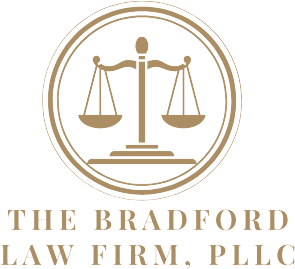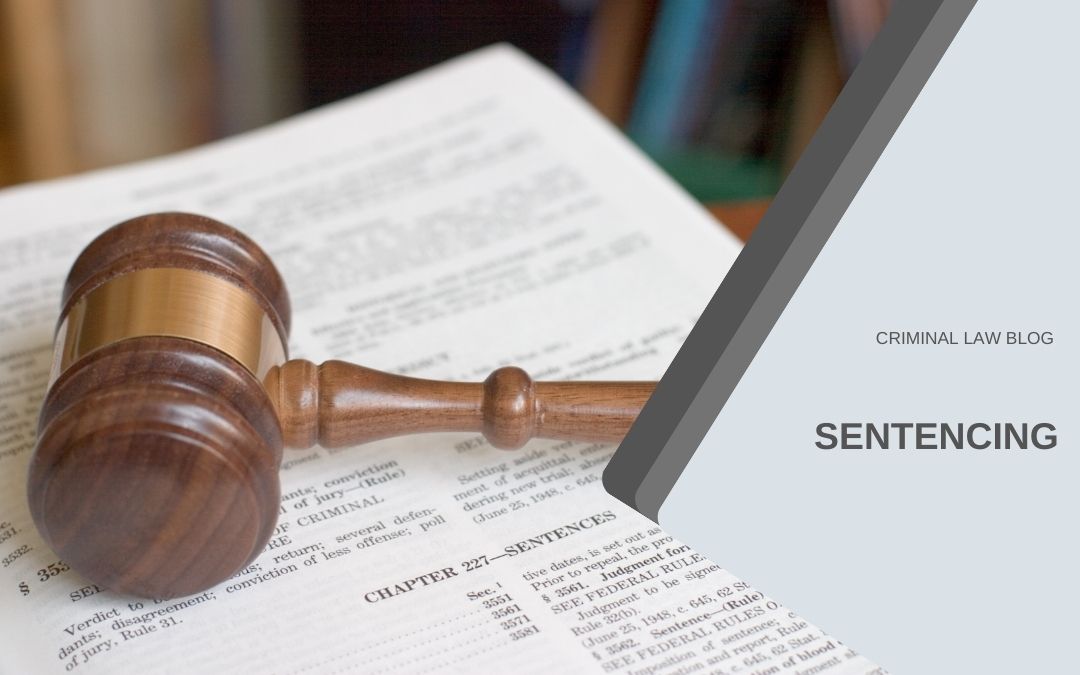The judge will determine a sentence (or the legal consequence due to the conviction) when a defendant is found guilty or pleads guilty.
If the crime is a misdemeanor, the sentencing may occur immediately after the conviction is made. Otherwise, the sentencing hearing may take place in court months later.
Sentencing Hearing
At the sentencing hearing, the judge can take input from the prosecutor, the defense, and the victims of the crime (who may speak in person or submit a written statement) to help determine the ultimate sentence. Additionally, the judge also considers other factors like the type of crime and circumstances and the defendant’s criminal history when determining the sentence.
Additionally, your defense lawyer may be able to present information or make the case that your situation may deserve a lesser sentence by proving mitigating circumstances. For instance, the judge may lean towards a lesser sentence if:
- This is a first offense.
- You were cooperative such as helping police identify codefendants.
- You were operating under duress.
- You are a good candidate for treatment.
While the judge typically has some discretion when deciding the sentence, the judge must also conform to any federal or state laws requiring mandatory sentences for some types of crimes.
A sentence can include jail time, a fine, community service, or probation. If found guilty of multiple charges, there can be various sentences.


